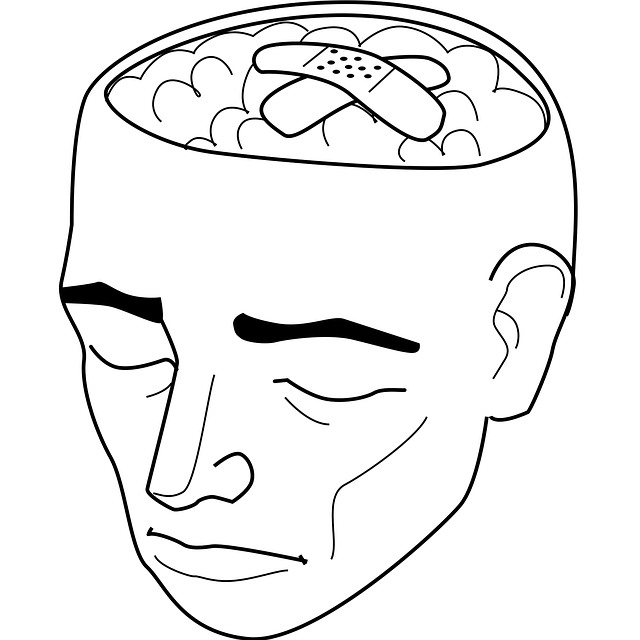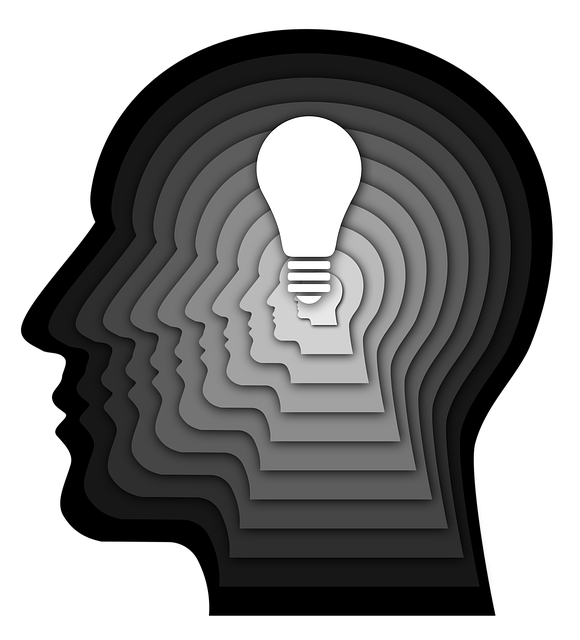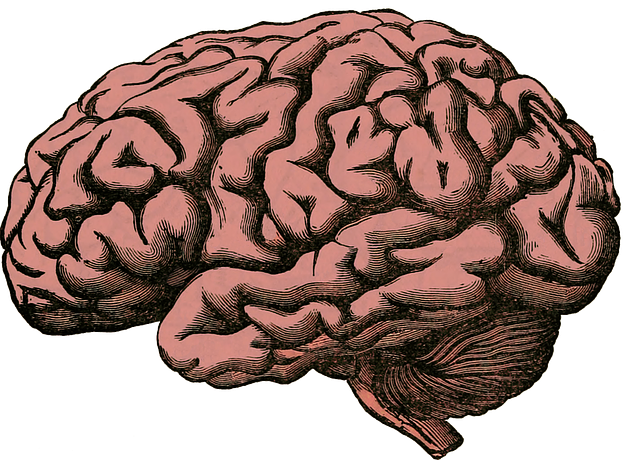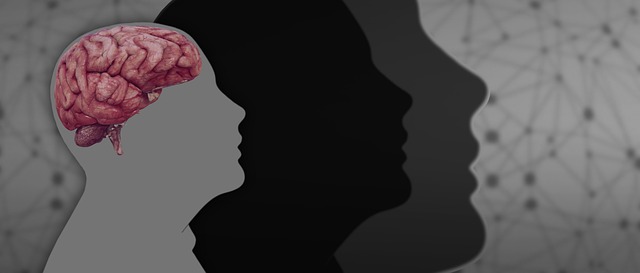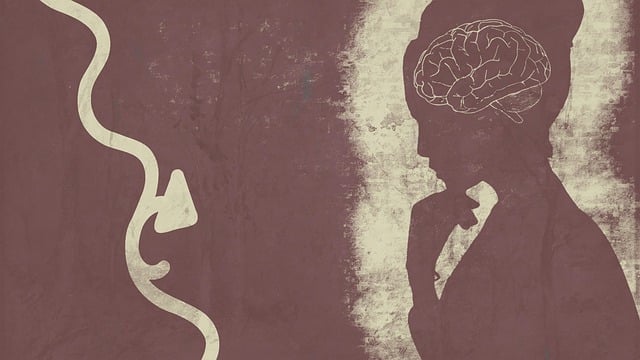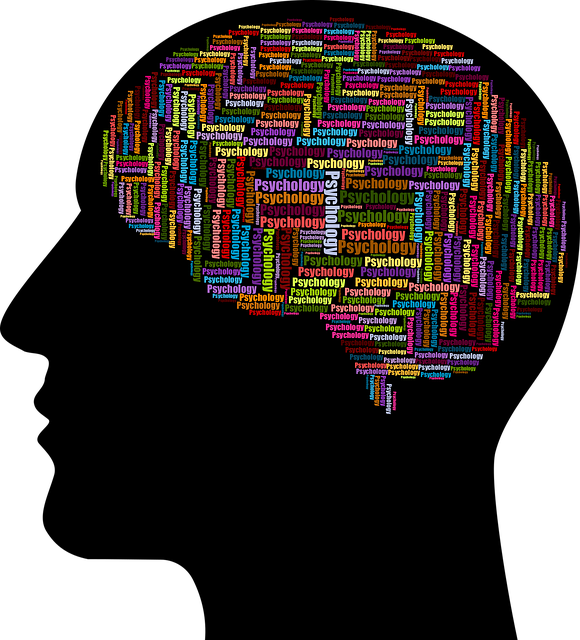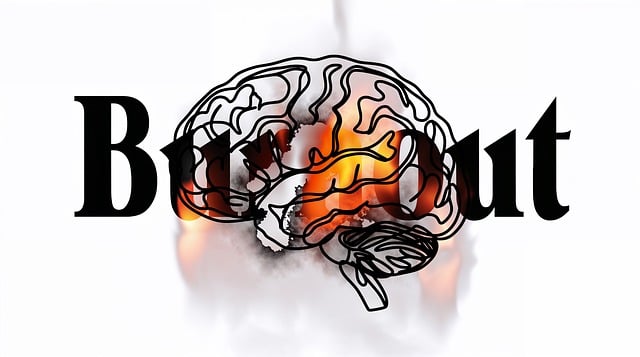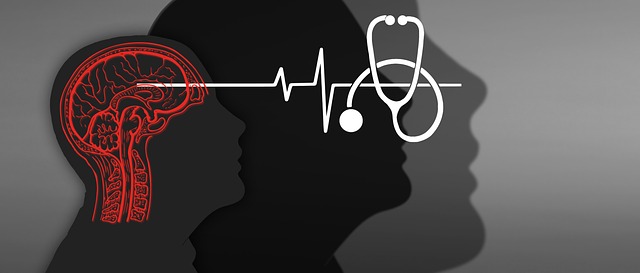Elderly abuse survivors often face unseen challenges, such as depression, anxiety, and traumatic stress. Effective therapy for elders abuse survivors requires tailored interventions, including cognitive behavioral therapy (CBT), eye movement desensitization and reprocessing (EMDR), and conflict resolution techniques to process trauma, manage mood, and restore well-being. Building a robust support system with community outreach programs, peer groups, and specialized care from local organizations is crucial for healing and empowering survivors to rebuild their lives with resilience.
“Mental illness diagnosis and treatment navigation can be challenging, especially for elderly abuse survivors. This article delves into understanding the unique mental health challenges faced by this vulnerable population. We explore various therapy approaches tailored to their needs, offering a comprehensive guide to effective healing. Furthermore, it highlights support systems and resources crucial for a holistic recovery journey. By navigating these aspects, we aim to empower elders abuse survivors with the tools needed for successful mental wellness.”
- Understanding Mental Health Challenges in Elderly Abuse Survivors
- Navigating Treatment Options: Therapy Approaches for Effective Healing
- Support Systems and Resources for a Holistic Recovery Journey
Understanding Mental Health Challenges in Elderly Abuse Survivors

Mental health challenges among elderly abuse survivors often go unnoticed or undiagnosed due to the stigma surrounding mental illness and the unique complexities of their experiences. These individuals may have endured years of physical, emotional, or psychological abuse, which can lead to a range of issues such as depression, anxiety disorders, and traumatic stress. Understanding these challenges is crucial for providing effective support and therapy for elders abuse survivors.
Elderly abuse survivors may struggle with self-care practices due to the trauma they have experienced. They might require specialized therapy that addresses the specific nature of their abuse, including conflict resolution techniques to navigate interpersonal challenges and mood management strategies to stabilize emotional states. Tailored interventions can help them process their past, develop coping mechanisms, and rebuild a sense of safety and well-being.
Navigating Treatment Options: Therapy Approaches for Effective Healing

Navigating treatment options is a crucial step for individuals, especially elders who have survived abuse, on their path to healing. Therapy plays a pivotal role in this process, offering various approaches tailored to unique needs. Cognitive Behavioral Therapy (CBT) has proven effective in addressing trauma and promoting positive thinking patterns, which can significantly improve emotional well-being. This approach empowers survivors to challenge negative thoughts and behaviors associated with their past experiences.
Additionally, Eye Movement Desensitization and Reprocessing (EMDR) therapy is a game-changer for many elders. EMDR helps process traumatic memories by facilitating the brain’s natural healing process, reducing the intensity of flashbacks and nightmares. Integrating this innovative approach into community outreach programs can make a substantial difference in depression prevention and fostering emotional intelligence among survivors, enabling them to rebuild their lives with resilience and hope.
Support Systems and Resources for a Holistic Recovery Journey

For individuals navigating mental illness, especially those who have experienced elder abuse or are survivors, building a robust support system is integral to their recovery journey. This can include therapy sessions tailored to address specific traumas and stressors, offering a safe space for expression and healing. Many community outreach programs focus on mental health awareness, providing resources like peer support groups where individuals can connect with others facing similar challenges, fostering a sense of belonging. These programs often incorporate conflict resolution techniques to help participants manage interpersonal difficulties that might arise during the recovery process.
Additionally, local organizations dedicated to elder abuse prevention and intervention offer crucial resources for survivors, ensuring they receive specialized care. By leveraging these support systems, individuals can access not only therapeutic interventions but also practical assistance in navigating legal and social services. This holistic approach to recovery empowers survivors to take control of their mental health and rebuild their lives.
Mental health support tailored for elderly abuse survivors is crucial, offering accessible navigation through complex treatment options. By combining specialized therapy approaches with robust support systems, we can foster holistic recovery and empower this vulnerable group to reclaim their well-being. For effective healing, it’s imperative to recognize the unique challenges faced by these survivors and provide them with the tools and resources needed for a fulfilling, post-trauma life, ensuring a brighter future through tailored therapy for elders abuse survivors.
